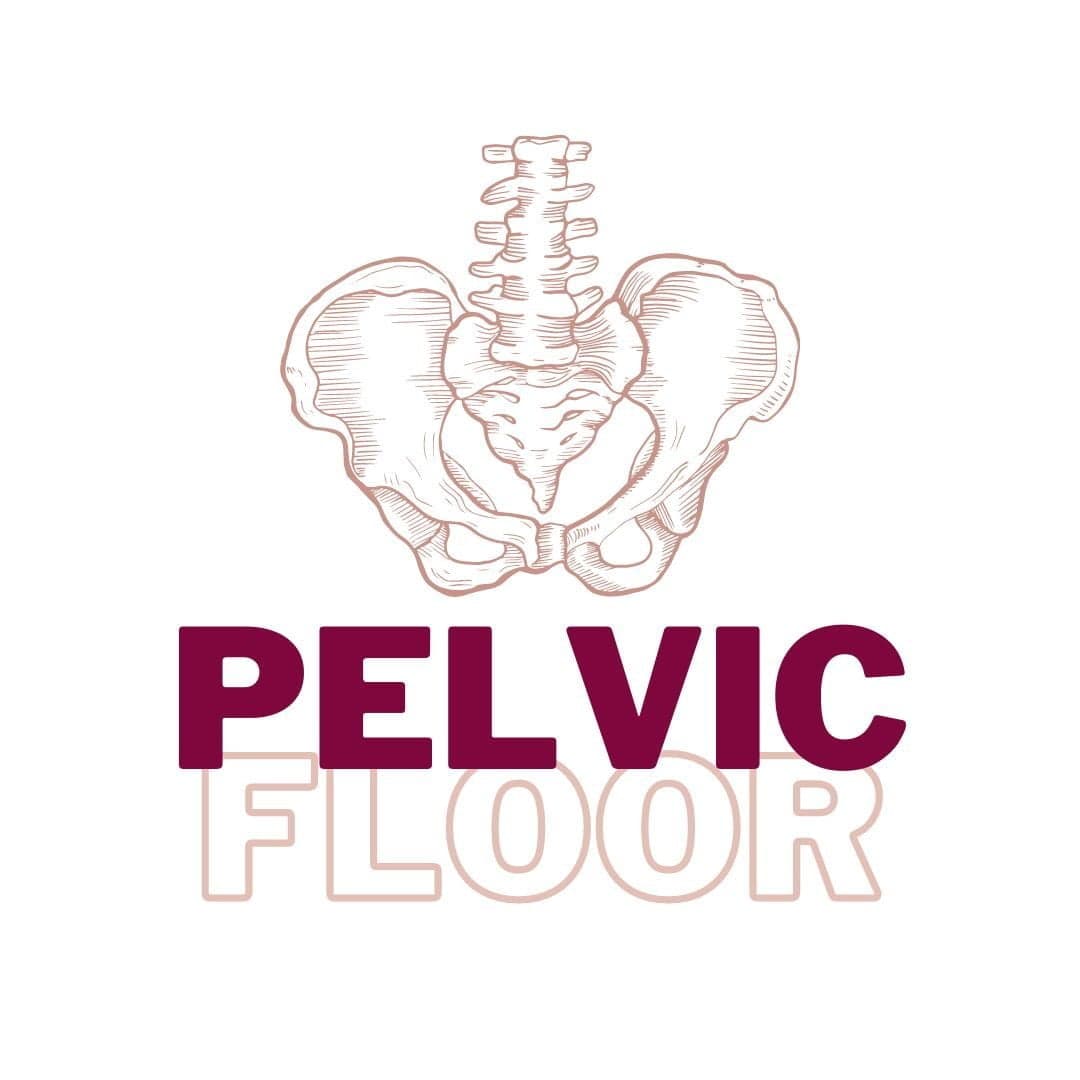
Have you heard of the pelvic floor?
How about a pelvic physiotherapist?
If you have low back pain, period pain, any kind of incontinence (leaking a bit while coughing, anyone?), uterine prolapse, pain with intercourse, endometriosis, or even some digestive issues like constipation and bloating, a pelvic floor assessment might be helpful.
And if you're pregnant, or have recently had a baby (whether vaginally or via C-section), a visit to a pelvic floor physio might be helpful for now and the future!
The pelvic floor essentially refers to a group of muscles to which our pelvic organs — uterus, urinary bladder, and rectum — are anchored.
The pelvic floor includes the pelvic diaphragm (kind of like a hammock) + muscles called the coccygeus and levator ani.

Picture from Wikimedia Commons. Version 8.25 from the Textbook OpenStax Anatomy and Physiology. Published May 18, 2016. https://cnx.org/contents/FPtK1zmh@8.25:fEI3C8Ot@10/Preface
Listen, I'm not a pelvic physiotherapist, but I do know that kegels have limited utility. Supporting the pelvic floor can look like strengthening some muscles while loosening others.
Pelvic floor dysfunction is the term used to describe when the pelvic floor muscles aren't having a coordinated response.
This can impact the pelvic organs (rectum, bladder, uterus) as well as the stability of the pelvis and back.
Pelvic physios are trained and registered physiotherapists with additional training and certification in the pelvic floor. They do an external and internal exam to assess, understand, treat, and offer guidance for short-term and long-term pelvic floor health (which can help with all the issues listed at the beginning of this post!).